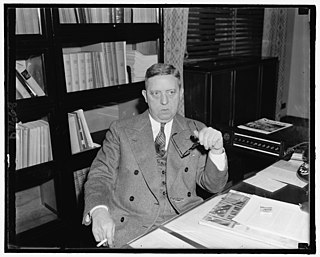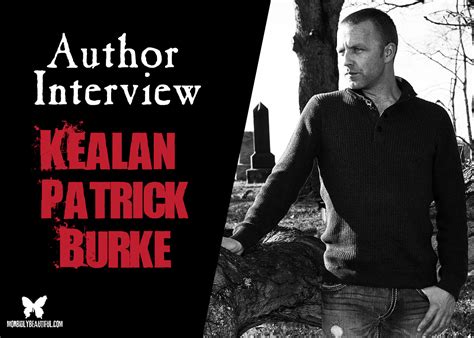A Quote by Cheryl Strayed
I'm reading George Saunders's story collection, "Tenth of December." He was my mentor at the University of Syracuse. The stories are mind-blowing like everyone says.
Related Quotes
I don't have one thing I go back to, but we listen to a lot of music in the bus, and we always get a few songs or a few records that end up being themes for the tour. On tour I read all of George Saunders' short stories and all of Alice Munro's short stories. George Saunders is who has taught me about this question about whether or not love is possible in the contemporary world, with all of its simulations and all of its pop and divergences and all of the confusion and distraction. Whether or not contemporary reality is actually hospitable to love.
I always tried to be open-minded, but not so open-minded that my brains would fall out. As G. K. Chesterton says, "The purpose of opening the mind, as of opening the mouth, is to close it again on something solid." I opened my mind, and I finally closed it on the most solid reality I had ever experienced. On December 19, 1959, at 8:30PM, during my second year at the university, I became a Christian.
Any time I put together a story collection, I don't know what it's going to look like overall - or even what the title story is going to be. Over time, I end up with a dozen or so stories, and I start to see a shape to them, how they fit together, and then I write stories that complement or extend that shape.
Everything necessary to understand my grandfather lies between two stories: the story of the tiger’s wife, and the story of the deathless man. These stories run like secret rivers through all the other stories of his life – of my grandfather’s days in the army; his great love for my grandmother; the years he spent as a surgeon and a tyrant of the University. One, which I learned after his death, is the story of how my grandfather became a man; the other, which he told to me, is of how he became a child again.
I think it's a great thing to hear the author reading. I've listened to CDs of Cheever and Updike reading their stories and Hemingway. To hear what their voices were like is amazing. Whether they're reading well or not, it's great to listen to the intonation and the beat of the guy who wrote the story.
The only thing better than a superb collection of spinechilling stories, is a superb collection of spinechilling stories accompanied by equally unsettling illustrations, and in that regard, you'd be hard-pressed to find a better example than IN MINT CONDITION: 2013. In reading it, I have discovered writers and artists previously unknown to me who are now very high on my radar, and they should be just as high on yours.




































